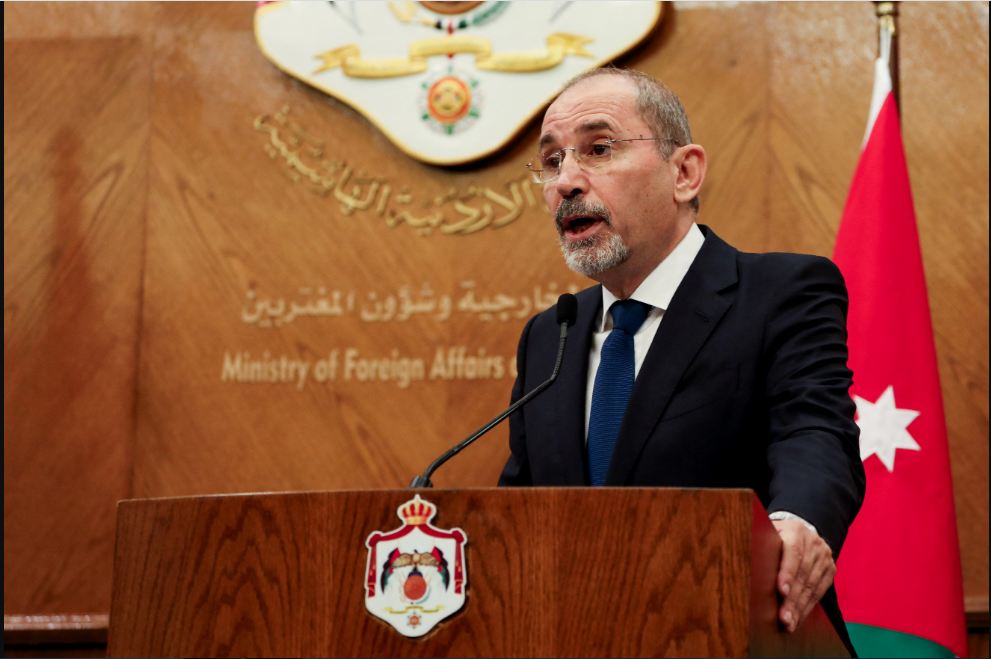UN urges Iraq to deliver on reforms and combat corruption — and backs it fight against terrorism
United Nations (AP) — The U.N. Security Council encouraged Iraq’s recently formed government to deliver on reforms and combat corruption in a resolution adopted unanimously Tuesday that backs the country’s ongoing fight against the Islamic State, al-Qaida and other terrorist groups.
The resolution, which extends the U.N. political mission in Iraq for a year, welcomes last October’s confirmation by Iraq’s Council of Representatives of a new government and Cabinet led by Prime Minister Mohammed Shia al-Sudani after a more than year-long political stalemate that was punctuated by outbreaks of street violence.
Twenty years after the U.S. invasion toppled longtime dictator Saddam Hussein and divided the unified country in the heart of the Arab world, Iraq is still seeking stability. In 2014, lslamic State fighters seized Iraqi cities and declared a self-styled caliphate in a large swath of territory in Syria and Iraq. The group was formally declared defeated in Iraq in 2017 following a three-year bloody battle that left tens of thousands dead and cities in ruins, but its sleeper cells continue to stage attacks in different parts of the country.
The upheaval between 2003 and 2023 killed about 300,000 Iraqis along with more than 8,000 U.S. military, contractors and civilians.
The resolution supports Iraq “in addressing the challenges it faces as it continues its stabilization efforts” including in fighting the Islamic State, al-Qaida and their affiliates and ensuring that international human rights and humanitarian law are observed. It also backs Iraq’s continuing recovery, reconstruction and reconciliation.
The council encouraged al-Sudani’s government not only to deliver on reforms and tackle corruption but to protect and respect the human rights of all Iraqis, promote accountability for rights violations, deliver essential services, diversify the oil-dependent economy, create jobs, improve governance, combat climate change and strengthen the security sector.
U.N. special envoy for Iraq Jeanine Hennis-Plasschaert told the council on May 18 that the past 20 years have been “a very rough road,” but the new government has shown resolve to tackle a number of pressing issues.
“That said, it is early days, and we do not have a crystal ball to predict the unknowns, which could include the rise of potential disrupters,” she said. “Any government in this position needs time” but “the harsh reality is that there is no time to lose.”
Hennis-Plasschaert emphasized the need for all political actors to put national interests ahead of individual or party interests, and to support independent state institutions and “an active, empowered and protected civic space.” She stressed that “the healthy interplay of opposition and coalition must be allowed to function” and urged passage of a federal budget to provide funds to turn some government goals into realities including delivering public services.
“The good news is that the government has taken an express stance against the adverse effects of corruption, which stem from the system as constructed over the past two decades,” she said. “And, yes, vested interests will make the required systemic reform undoubtedly an uphill struggle. But it must be done.”
The resolution, adopted by a 15-0 vote, extends the political mission known as UNAMI that Hennis-Plasschaert heads until May 31, 2024.
It says her top priority is to provide advice, support and assistance to the Iraqi government on advancing political dialogue that is inclusive, and reconciliation at the national and community level.
UNAMI should also advise, support and assist Iraq’s Independent High Electoral Commission and other institutions to strengthen electoral preparations, including for provincial elections and parliamentary elections in the Kurdistan region — and it should help the government’s review of the constitution and security sector reform efforts.



